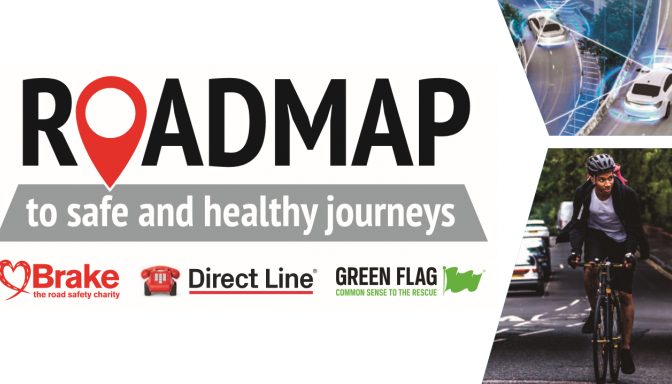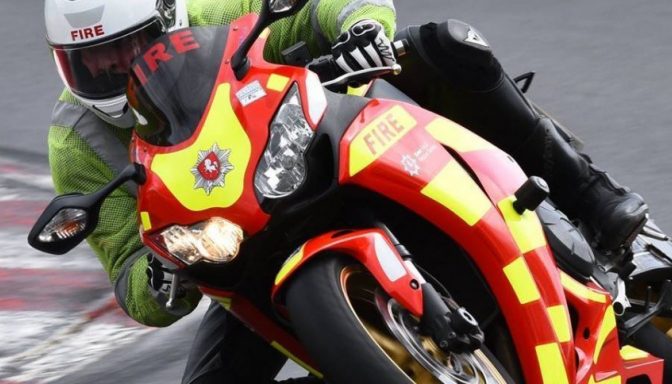The brainchild for this intervention was a firefighter from Kent who witnessed a motorcycle collision on a ride out and was shocked by the lack of knowledge and awareness of other people at the crash scene about how to deal with the incident.
The Biker Down course comprises three modules:
- Scene safety
- Helmet removal and basic life support
- The science of being seen.
Module 1 is daily business for Fire & Rescue services, so this knowledge and experience is shared to help keep people safe should they witness an incident. We are no use to anybody when panicked. This module gives guidance on how to stay safe, how to guide the emergency services to locate the incident (including new methods like What 3 Words) and how to manage the scene. We look at prioritising safety and how to conduct a dynamic risk assessment. This in turn helps attendees understand how to determine objectives and set people tasks, positively contributing to the management of the scene.
Module 2 looks at basic life support including stopping catastrophic bleeds, airway management, and basic CPR. It also dispels some of the myths surrounding helmet removal, demonstrating how to do this safely and how to provide a basic medical intervention to preserve life, promote recovery and prevent the situation worsening. This module gives people the confidence to help. The skills learned here can be used in any medical emergency, so are not limited to a motorcycle incident.
[Module 3] looks at why motorcyclists aren't seen and what can be done about that. The module draws on academic knowledge and is backed by research that was conducted for fighter pilots, to help them understand why they struggle to see enemy aircraft during air combat.
Module 3 is a bit more scientific and looks at the science of being seen. Since the 1980s motorcyclists have been advised to ride with lights on and high-visibility clothing, but sadly the numbers of killed and seriously injured have not really changed. So, this module looks at why that might be and covers the reason why motorcyclists are not seen and what can be done about that. The module draws on academic knowledge and is backed by research that was conducted for fighter pilots, to help them understand why they struggle to see enemy aircraft during air combat. This module provides strategies to be more visible, while reminding riders that they can be masked by their surroundings despite best efforts to be seen.
All three modules provide transferable skills and knowledge that are not just restricted to motorcyclists. The intervention is delivered by firefighters and medical experts who are themselves motorcyclists and speak from very real experience. Thanks to kind sponsors, you can also leave with a complimentary first aid kit and a snazzy buff.
To find out more about Biker Down and book a course, contact your local fire & rescue service.
Dean Hoskins
Watch manager for Dorset & Wiltshire Fire & Rescue Service and Biker Down lead



